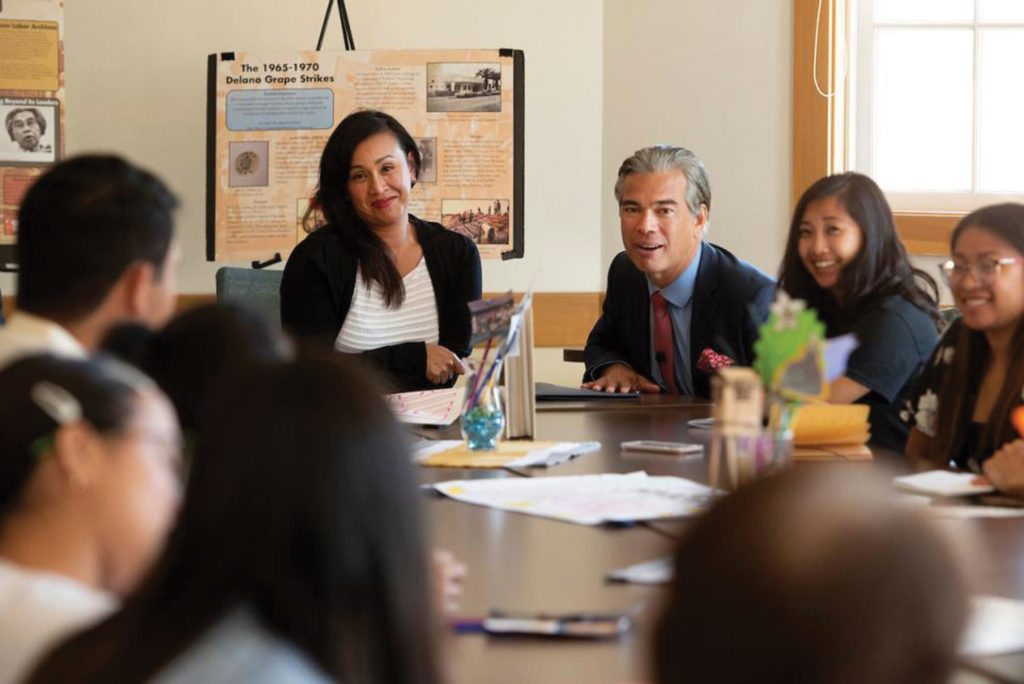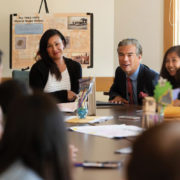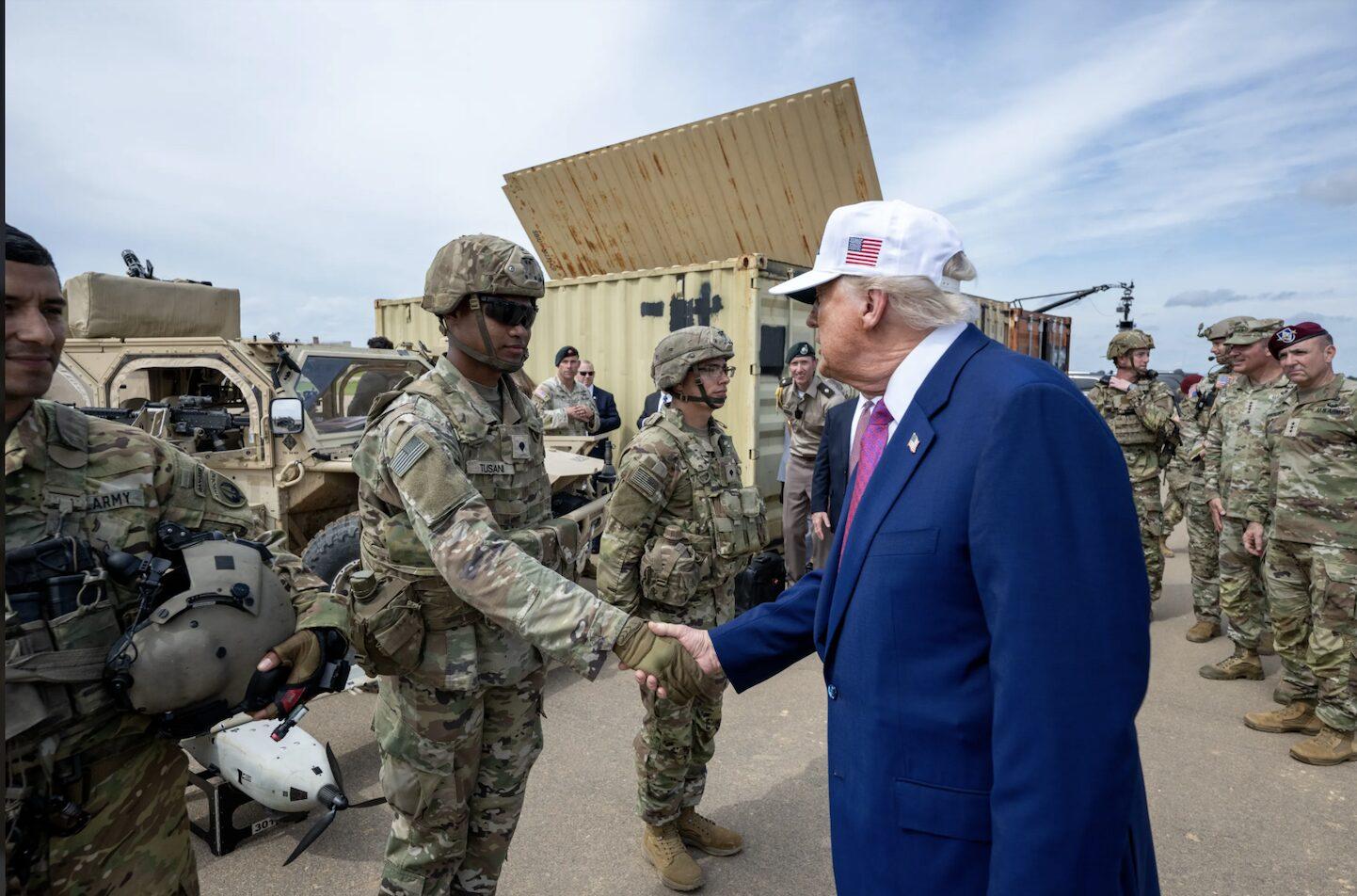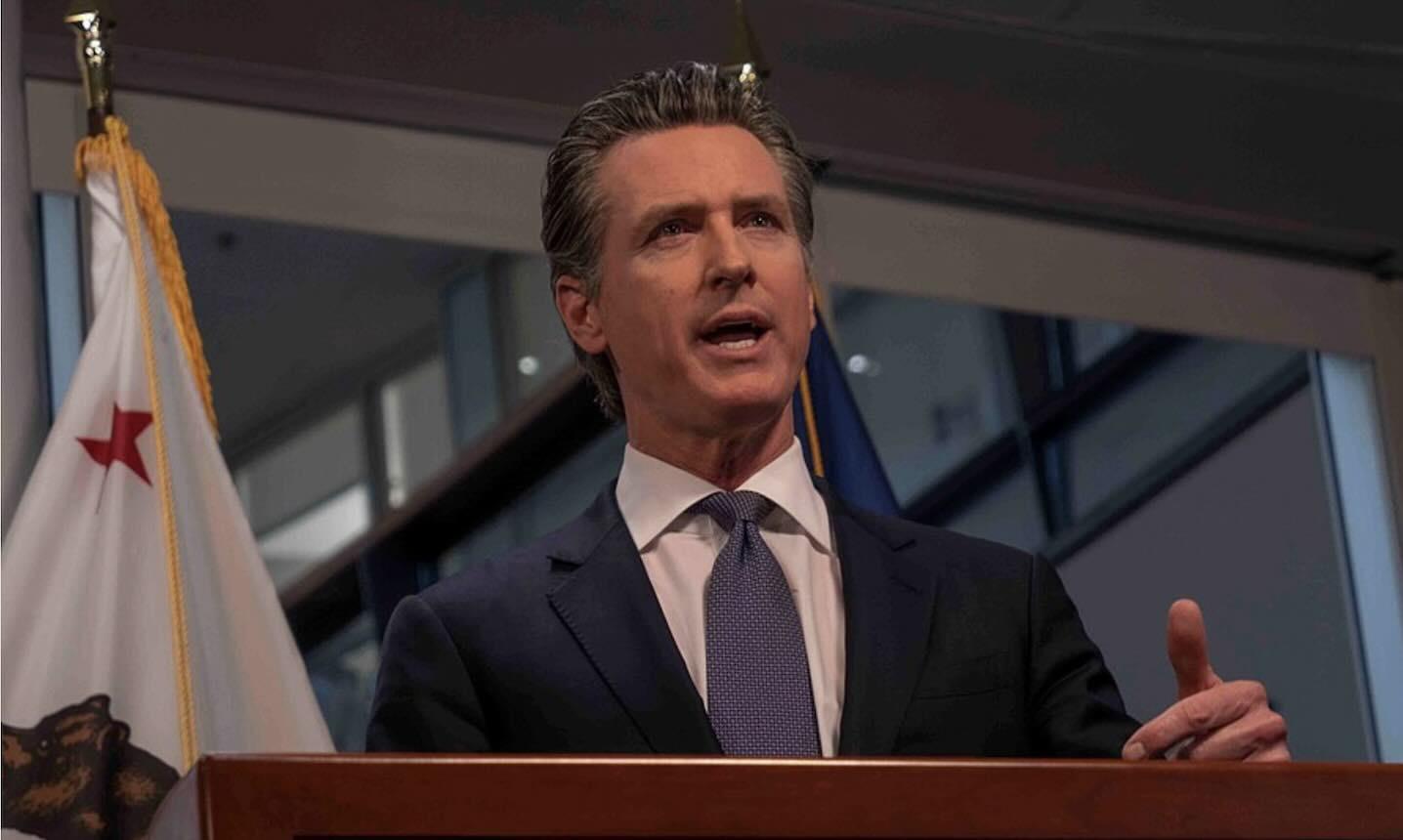
The year-old Bulosan Center for Filipino Studies at the University of California, Davis will be receiving $1 million in state funding to go towards expanding research on Filipino American communities.
Announcing the funding on Thursday, October 24 was Assemblyman Rob Bonta (D-Alameda), who was born in Quezon City, Philippines and became the first Fil-Am to ever be elected to the California Legislature.
“This is a time for celebration,” said Bonta, who championed the funding. “I hope this is just a down payment for ongoing funding.”
The Bulosan Center for Filipino Studies (BCFS) is the first of its kind not only in the University of California (UC) system, but in the nation.
It’s named after Fil-Am labor activist, migrant worker, and author Carlos Bulosan who is best known for his 1946 book “America Is in the Heart.”
“This allocation provides a crucial early boost to a center focused on an area that deserves more study,” said Robyn Rodriguez, director of the Bulosan Center and chair of Asian American studies. “It gives the center, the first of its kind at a major research center, a very strong start in better researching the second-largest American group in the nation.”
The allocation announcement comes as Fil-Ams across the U.S. celebrate October as Filipino American History Month. With a population of 3.5 million, the Fil-Am community is among the largest AAPI groups in the nation. The large majority of Fil-Ams live in California, mainly in the Los Angeles region (500,000), the San Francisco Bay Area (300,000), and in greater Sacramento (75,000).
Roughly 1,800 students at UC Davis are of Filipino descent, according to the university.
“The Filipino American community is one of the oldest immigrant groups in California, but our community’s place in California history and U.S. history more broadly — from leading the farmworker movement to fighting during World War II — is not widely known or taught,” said Rodriguez.
“As one of the largest and fastest-growing Asian American communities, Filipino Americans’ contemporary issues will require deeper investigation and understanding. We are excited to lead efforts to expand the field of Filipino studies,” Rodriguez added.
The BCFS launched last October 2018 with the goal of continuing Bulosan’s legacy through education, advancing research, and promoting advocacy for both contemporary and historical issues faced by Filipinos both in the U.S. and abroad.
Among the center’s programs is the Welga! Filipino American Digital Archive, an online archive that serves as the center’s informational repository, and is free for researchers. The archive was established in 2014 and currently has collections primarily on Filipino American labor history, but will expand to include research material on other aspects of the Fil-Am experience such as immigration, culture, neighborhoods and historic buildings, the workforce, and veterans.
Other planned projects mentioned at the center’s opening last year included an oral history project called “Preserving California’s Historic Filipino American Sites,” which will conduct interviews to record and preserve the movements, successes, and experiences of those who have worked to preserve and promote their Fil-Am communities.
Since its launch, the center has raised $30,000 in private donations.
“The aim of the center is to uplift the voices of the most marginalized in the Filipino community in the United States and diaspora,” said Rodriguez. “Its programs are driven by close collaboration with community-based organizations.” (Rae Ann Varona / AJPress)






